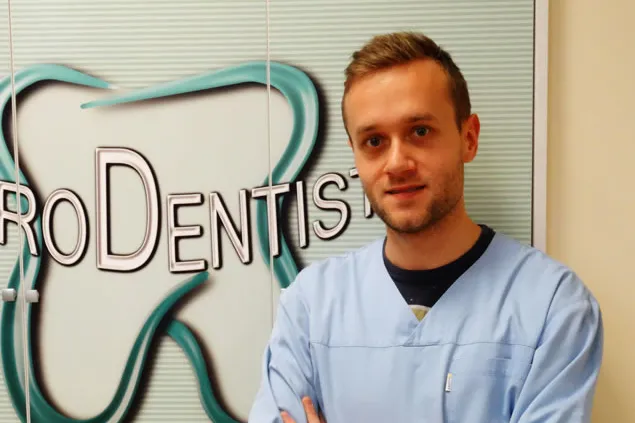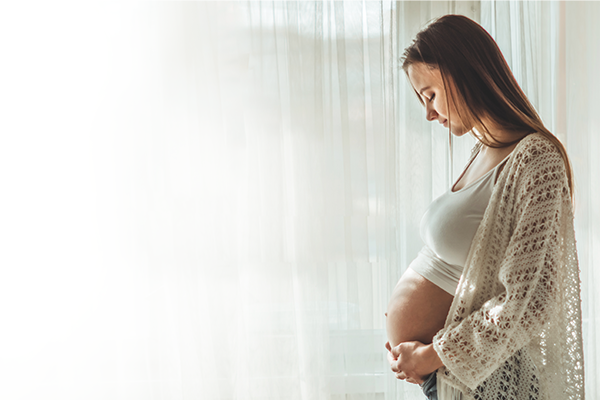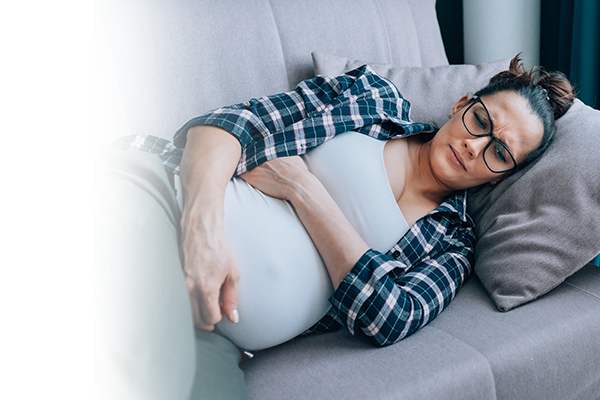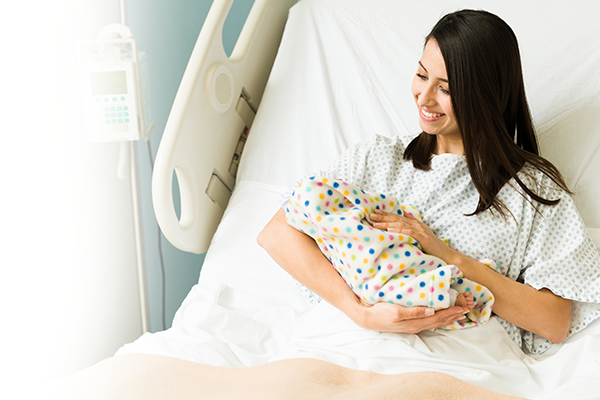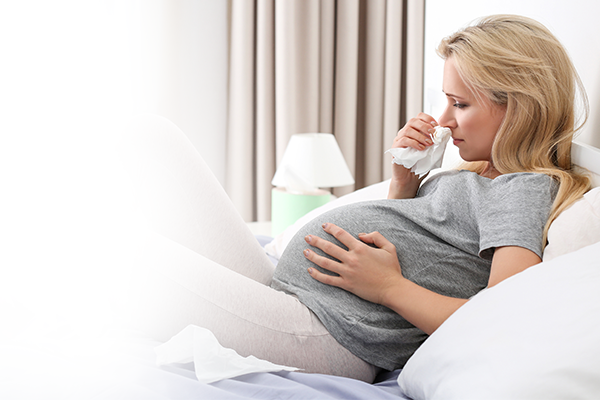If you want to know what pregnancy gingivitis is or wonder if you are allowed to go to the dentist during pregnancy, be sure to read what dentist Bartosz Romanchuk advises.
Pregnancy is a period when a woman’s body undergoes numerous transformations, including intense hormonal changes. On their basis, very often in the mouth of pregnant women As dentists, we are observing the so-called “new”. pregnancy gingivitis. It involves their distension, tenderness and bleeding and usually disappears spontaneously at the end of pregnancy. However, during its course, it is the cause of increased and accelerated accumulation of tartar and plaque, which further aggravates the inflammation. Pain and bleeding gums often discourage women from brushing their teeth properly. The so-called morning nausea and vomiting that is common, especially in the early stages of pregnancy, is also not conducive to it, as the very smell or taste of toothpaste can cause aversion. This, along with the acidic pH of saliva, can result in tooth decay. Frequent trips to the refrigerator and snacking at non-standard times are also not conducive to dental health. The issues raised above bring the prevention of oral diseases and professional teeth cleaning procedures, along with oral hygiene instruction, to the forefront of dental care for pregnant patients, because pregnancy in itself, as a physiological condition, is not a cause of dental deterioration. Unfortunately, such a view persists among many female patients.
During pregnancy, therefore, the mother-to-be should make even more frequent visits to the dentist for check-ups. I recommend that they then take place every three months. We also advise her to undergo professional hygienization procedures, carried out by a dentist or dental hygienist, and to take care of her oral hygiene herself with home methods (brushing, rinsing, flossing, etc.) even more intensively than before pregnancy. Certainly, prevention is the most essential aspect of taking care of oral health during this period of a woman’s life. Avoiding, or at least limiting as much as possible, the periodontal inflammatory process is all the more important, as the link between inflammation and low birth weight of newborns and premature termination of pregnancy has been scientifically confirmed.
Dental treatment during pregnancy is not significantly different from standard treatment. The mother-to-be, if necessary, can receive treatment without worrying about her or her baby’s health. The optimal time for this type of elective treatment is the second trimester of pregnancy. At that time, patients have already had a rough start to their pregnancy, often associated with morning vomiting and nausea, which is also a period of intense fetal organogenesis, a time for the formation of key systems and organs. In the third trimester of pregnancy, being in the dental chair can be simply uncomfortable for the patient, so we try to make visits then as short and as unstressful as possible, and not to take place in a reclining position.
A pregnant patient also does not have to fear that a visit to the dentist will involve pain for her. This is because there are anesthetics that can be safely used during this time. Of course, you should always inform the doctor about the fact of pregnancy before the procedure and the administration of anesthesia. If possible, we also avoid taking X-rays during this time, limiting ourselves only to clearly necessary situations. Chemical teeth whitening treatment should certainly be postponed for a period of time after the baby is born, or even after the breastfeeding stage.
As a dentist, I also encourage an oral examination and possible treatment before a planned pregnancy. In the era of conscious parenthood, this is an increasingly common phenomenon, allowing to minimize the risk of needing emergency dental intervention during pregnancy, limiting visits to the dental office to check-ups and hygiene procedures, not associated with pain or discomfort.
In conclusion, I would like to emphasize that dental treatment during pregnancy is not only safe, but moreover, necessary.
Bartosz Romanchuk
dentist
Rate this article:



